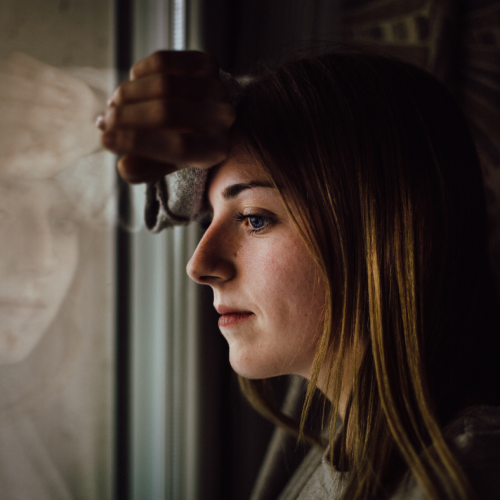
The coronavirus has been hitting us hard, and amygdalae (the fear centre in the brain) have been lighting up all over the world.
As a result, cortisol is collectively coursing through our bodies. This kind of physical stress can translate in many ways. Overthinking. Agitation. Feelings of despair and hopelessness. And, of course, anxiety and stress.
With a love for all aspects of positive health, I understand that to gain true, complete happiness, you have to target health at all levels – Physical, Psychological, Emotional and Spiritual.
Sign up for my newsletter
More often than not, the stress response is not activated by the external environment — it is activated by our own minds.
Click above to download my presentation Reducing Stress and Anxiety at a time of Crisis.
In this meditation ‘Slow Down Your Brainwaves’ I will teach you how to relax and calm your mind. It is a practical guide on how to slow down your brainwaves.
Click above to access my contact details or if you would like to send me an email or give me a call, or you can fill out the online enquiry form with your details and I will get back to you.
Watch out for Pitfalls
- Social Contagion: Social contagion is the passing of emotion from one person to another. We can catch panic and fear.
- Avoiding Feelings with negative distractions: Stuffing our emotions is a recipe for stress, depression or grumpiness. Or all three. Give yourself permission to feel what is there.
- Social Media: When it comes to anxiety, what you put into your head is just as important as what you put into your body. That’s why social media and mis-information, can be so problematic.Limit your consumption of social media, even if it’s based on facts.
- News – avoid unreliable sources: Watch with caution. Remember contagion!We need to get our information from reliable sources & official websites.
- Panic: panic is as contagious as a virus.The Pre-Frontal Cortex goes offline. It’s like the WI-FI going off. We need to keep our rational thinking brains online.
- Resistance: accept the situation at hand. Resitting creates pain. Acceptance is the first step towards corrective action. Don’t confuse this with giving up.
Tips & Techniques to Reduce Stress & Anxiety
- Take Action
Tackle a situation or problem as opposed to inaction or putting head in the sand. Even a small action is better than no action.
- Watch your thoughts
Do know that the way that you think actually affects your life? It would be a good idea to start thinking about what you’ve been thinking about.When you’re aware ‘You can choose wisely’.
- Practice calm – with your Breath
The breath: is powerful at resetting and recalibrating the body and mind.
Demos: practiced a deep breath. Dropped shoulders.
- Grounding & Connection
Feel your feet touching the ground.
Connection with self: Drop your energy from your head to your heart & then feet.
Connection on a whole: family, friends, networking with business colleagues sharing information & helping each other.
- Anchor in a Positive Thought/Feeling
Think of a place where you feel really happy, centred and grounded. Now, go back to a time you were there, get into the feeling. We can make or break a state in seconds.
- Meditation & Mindfulness – Slow down brainwaves
Reset the mind with meditation.
See link to “Slow down your Brainwaves” Meditation on my website.
Remember, meditation isn’t about getting rid of thoughts. It’s about learning to be at ease with the mind and the thoughts that come and go.
- Reading
The right material. A good book where you connect with the characters.
Or some inspirational work, self-help, empowerment books and positive psychology to counteract the negative input.
- Pattern Interrupt
When you feel anxious break it. Do something to calm down basically. Focus on something tangible like your breath, feel your feet, pulse.
- Diet
What we put into our bodies is so important.
Great Book: The Psychobiotic Revolution, explains the mind and gut connection.
Watch out for: alcohol, sugars and caffeine.
- Exercise
Exercise is one of the most powerful anti-anxiety techniques. Crucial as it burns off excess adrenaline and cortisol that’s floating in our bloodstream BUT we don’t need.
- Sleep
An inability to sleep is a big problem for many people in these challenging times. Exercise will help, but unfortunately, most people still find that they can’t shut their minds off when they go to bed.4 ways we can tighten up our sleep during times of stress:
- Don’t get into bed until you’re actually sleepy.
- If you can’t sleep, get out of bed until you’re sleepy.
- Pick a consistent wake-up time.
- Don’t sleep in.
- Do-nothing approach.
Lie on sofa and do nothing. When the Subconscious mind relaxes we get our best and most creative ideas. e.g. relaxed riving.
Create habits to relax. You recharge your phone. Why not your body?
